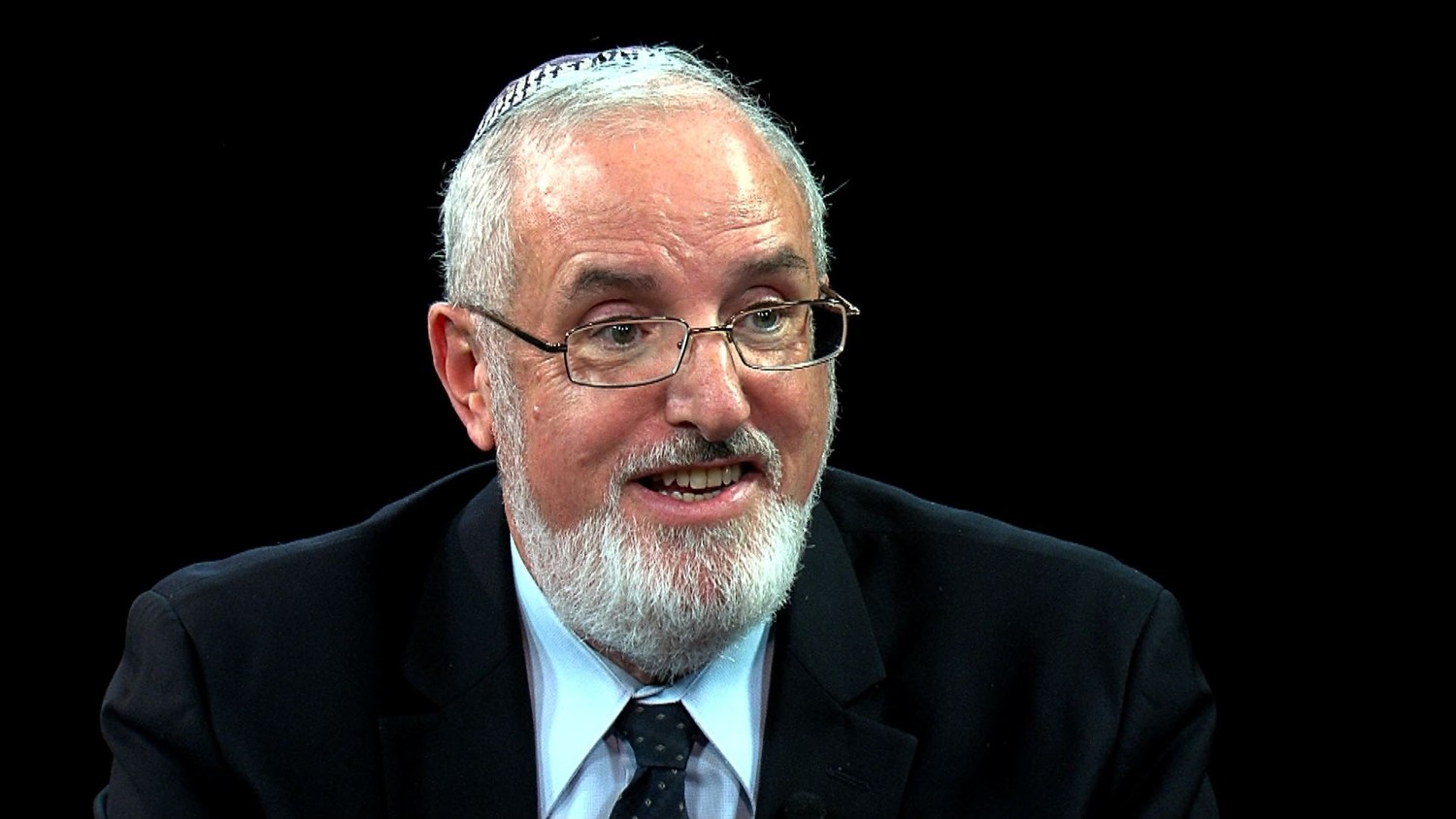Smaller and greater than before
During the early 1960s, Dr. Robert Coles spent time in the American south studying the moral life of children. This was a time when schools were being racially integrated and when racial hatred came to a head. Black children who attended public schools were cursed, spat upon, and threatened with violence.
And yet, in spite of the hatred spewed out against them, they persisted in attending school. White children who befriended black children were ostracized by their white classmates … and often by their own parents. But they persisted in their friendships with black students.
Dr. Coles wanted to know what gave these children the moral strength to stand up to their detractors. After all, many other children did not demonstrate the moral character to resist the status quo.
In his interviews with black students, he found that many of them drew moral strength from their churches. The ministers preached about righteousness, about the importance of standing up against evil, about G-d’s love of those who were strong in their faith and commitment to justice. A black student who attended a high school in Atlanta told Dr. Coles about how important the church was: “I’m not as small after church as I am before church” (“The Moral Life of Children, p. 153).
I first read Dr. Coles’ book about 30 years ago, and that black student’s statement made a lasting impression on me. In fact, it encapsulated my own feelings about the role of a religious leader and of a religious institution.
I transposed the statement into a Jewish context: one who attends synagogue services should feel as though he/she has grown in the process, that he/she is stronger, better, more inspired, more courageous. “I’m not as small after synagogue as I am before synagogue.” The rabbi should be a source of spiritual strength and inspiration. The prayers should offer comfort, confidence, and a profound sense of G-d’s love.
Here is a question of the highest importance: when you leave synagogue services, do you feel that you’ve come closer to G-d, that you’ve become spiritually more alive, more courageous? Can you honestly say: “I’m not as small after synagogue as I was before synagogue?”
Did your rabbi engage your mind, heart and soul … or did he tell jokes, tell you how sinful you are, lament anti-Semitism, offer his views on the latest news stories? Did those who led the synagogue services bring you closer to G-d and to your own soul … or did they seek to show off their voices, or rush through the services by rote, or chant the prayers without seeming to understand that they were in the presence of G-d?
For some (many?) congregants, the best part of Shabbat morning services is the Kiddush where they can socialize, eat and drink.
This week’s Torah portion of Vayakhel includes the description of how the Israelites built the Sanctuary in the wilderness. The Torah states that G-d called upon those who were “wise of heart” to do the work. This refers to a special kind of wisdom, not merely a high IQ. G-d appointed those who had an aesthetic sense, who were receptive and imaginative, whose hearts were in tune with the history and destiny of their people. It refers to spiritual wisdom … the humility and profundity of feeling G-d’s presence.
The Talmud (Berakhot 55a) states that G-d only gives wisdom to one who has wisdom. Shouldn’t G-d be giving wisdom to those who lack it, rather than to those who already have it? We may understand this Talmudic passage in light of this week’s Torah reading.
G-d gave wisdom — and gives wisdom — to those who are receptive to receiving wisdom in this special way. Those who lack “wise hearts” are simply not receptive to this wisdom.
This quality of having a “wise heart” is vital to the wellbeing of every society, and certainly of every sacred endeavor. It is a repudiation of egotism and an affirmation of loyalty to the greater glory of G-d. It is a sensitivity to the historical context of the people. It is a rejection of the quick-fix attitude that cares more for self-gratification than for the greater good of society.
The Sanctuary was to be a place in which people could sense G-d’s love and G-d’s concern. It was a place for each person to develop a wise heart.
Our contemporary synagogues need to draw on the lessons of the ancient Mishkan. We, too, need to have wise hearts. We, too, need to increase our sensitivity to the holy and to the transcendent.
The rabbi, chazzan and congregation come together to elevate each other, to help all of us strengthen our character, and to gain spiritual and moral uplift from communal prayer and study.
After services, ask yourself: “Am I better after synagogue than I was before synagogue? Am I greater, if only a bit, after services and sermon than I was before services and sermon?”
If the answer is yes, you are truly fortunate.
If the answer is no, either find another synagogue, or actively seek to effect positive change in the synagogue you attend. If we are not made greater by synagogue, we become smaller.
“…and every wise hearted person in whose heart the Lord had put wisdom…”

 49.0°,
Fair
49.0°,
Fair 




